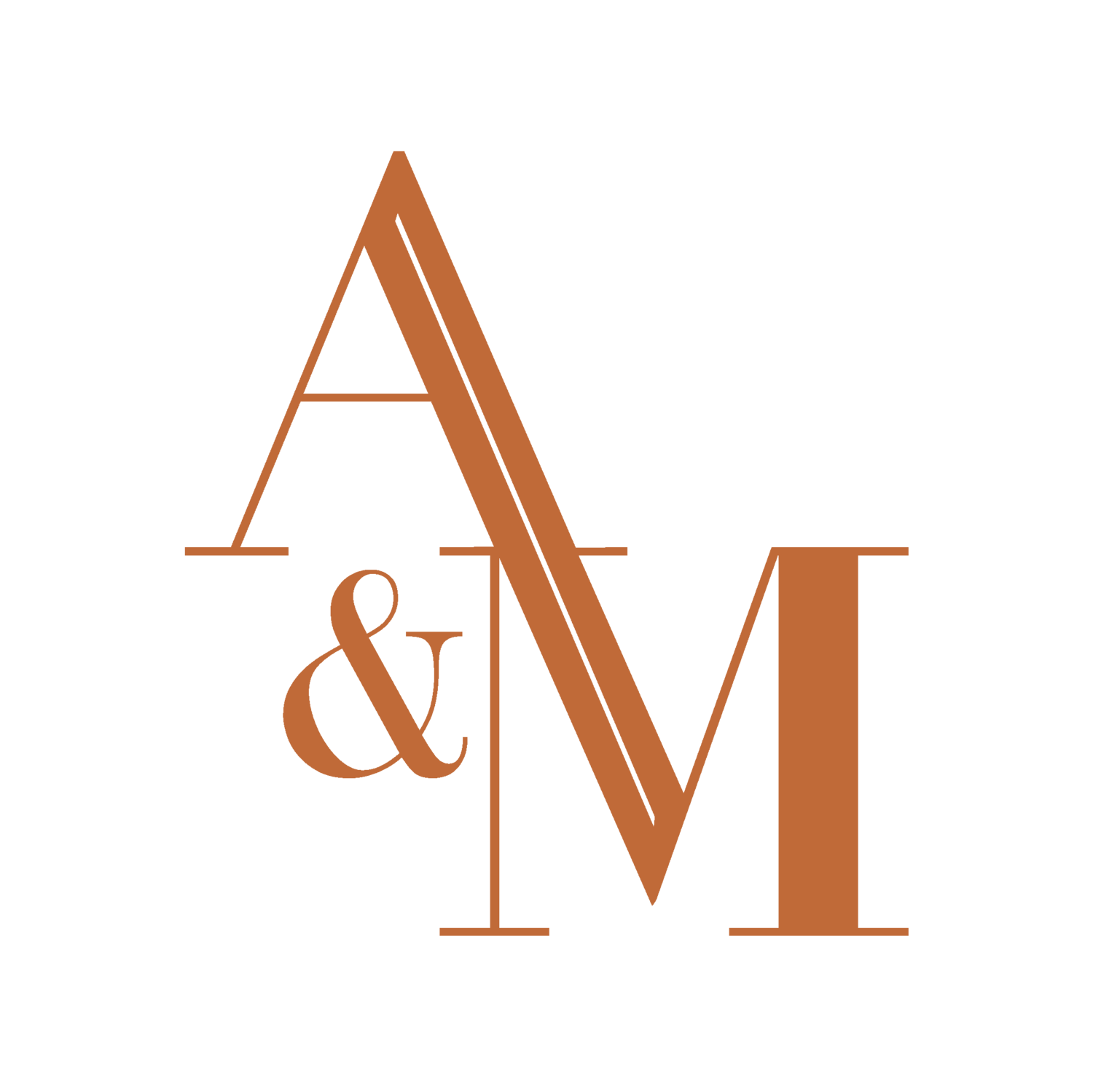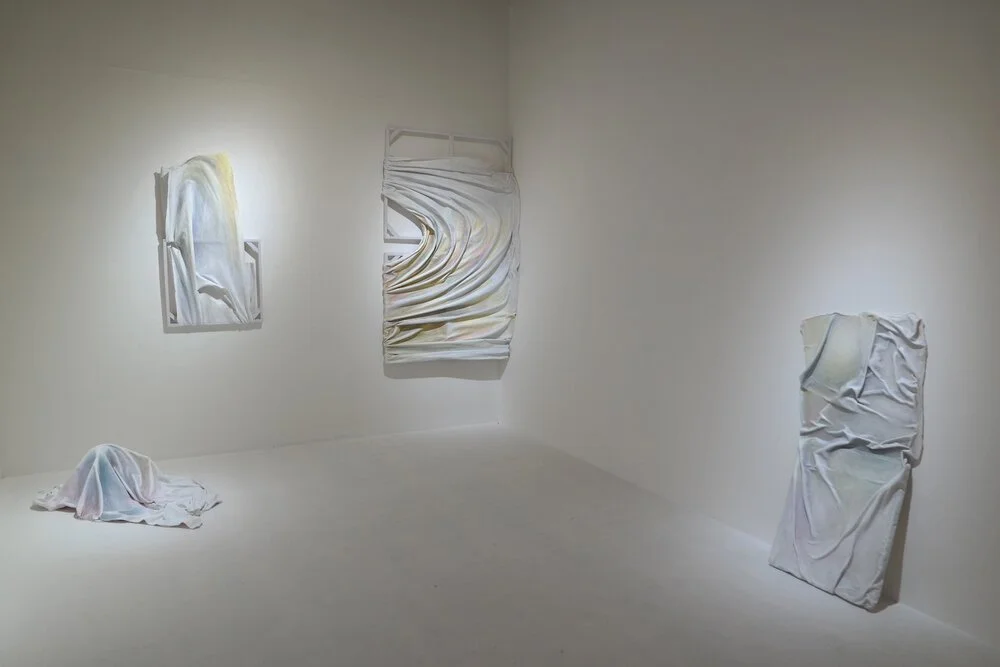Fresh Faces: Meliantha Muliawan
On getting a foothold and understanding the art industry
By Ho See Wah
Meliantha Muliawan.
A&M's Fresh Faces is where we profile an emerging artist from the region every month and speak to them about how they kick-started their career, how they continue to sustain their practice and what drives them as artists. Read our profile on Indonesian artist Meliantha Muliawan here.
Could you talk about your background? And at what point in your life did you decide to pursue a career in art?
I studied Fine Art at Institut Teknologi Bandung University, with a major in painting. At that time, I was thinking of other career paths, other than being an artist. However, before I graduated, I did an internship under an artist for three months, and I really liked the routine and process. From there, it just popped into my mind that I wanted to be an artist, so that I can have that same kind of routine every day.
Meliantha Muliawan, ‘The Truth of Happy Ending’, 2018, ink in resin, red thread, iron. Image courtesy of the artist.
Could you share how you’ve maintained your practice after graduation? What are the important factors that kept you going?
After graduation, I had to be responsible for my financial status, so I worked in art management during the weekdays and created artworks on the weekends.
Working in art management for two to three years allowed me to meet senior artists, collectors, curators and gallerists. They helped to keep me on track, gave me lots of advice and information, introduced me to their friends and more. I can conclude that it isn’t just talent that has helped me in my career. My working environment within the art industry has also played a big role.
Working on a piece. Image courtesy of the artist.
How did the opportunity for your first solo show come about? What was the process like preparing for it?
I had difficulties getting selected for open calls after graduation. Then, I heard about a space in Bandung called Ruang Gerilya. The space is owned by Wibi Triadi, Zico Albaiquni and Aliansyah Caniago. They had a programme that was suitable for young artists who wanted to have a group or solo exhibition.
The process of working on this was really smooth, as it focused more on the process than the result. It gave me room to explore my artworks, processes and ideas, and I learnt a lot from it.
Who has been a mentor or an important artistic influence? And why?
There is no specific person. Rather, it is the collective experience of all the people and mentors that I have met. I am also really inspired by artists that stay true to themselves in their works, and that is what I try to do with my own work as well.
What was one important piece of advice you were given?
Be responsible for the choices you make in life. That's the advice that I got from my parents, and it is what keeps me going and to be considerate with my own decisions.
Meliantha Muliawan, ‘Vague Shapes in the Light’, 2018, canvas, acrylic, ink, wood in resin. Image courtesy of the artist.
Could you share your favourite art space or gallery in Indonesia? Why are you drawn to that space and what does it offer to you/ your practice?
RUBANAH in Jakarta is my current favourite space. I had my latest solo exhibition there, and I like how they turned the basement into an alternative space. They have some unique activities, too, like music, performances, discussions and more. These present art in a wider scope.
What are your hopes for your own local art scene, and regionally as well?
I hope that we can continue supporting each other during this pandemic. I think “gotong-royong”, or mutual cooperation, is something that I like about my local art scene.
Are there any upcoming exhibitions that you would like to share more information on?
Yes! I will be taking part in the virtual exhibition, 'Tomorrow is tomorrow’ happening from 8 July to 12 August 2020, initiated by Santy Saptari Art Consultant. The project is about our personal reflections on the uncertainty that we are encountering during this pandemic. There will be more detailed information on their Instagram and their website.

















